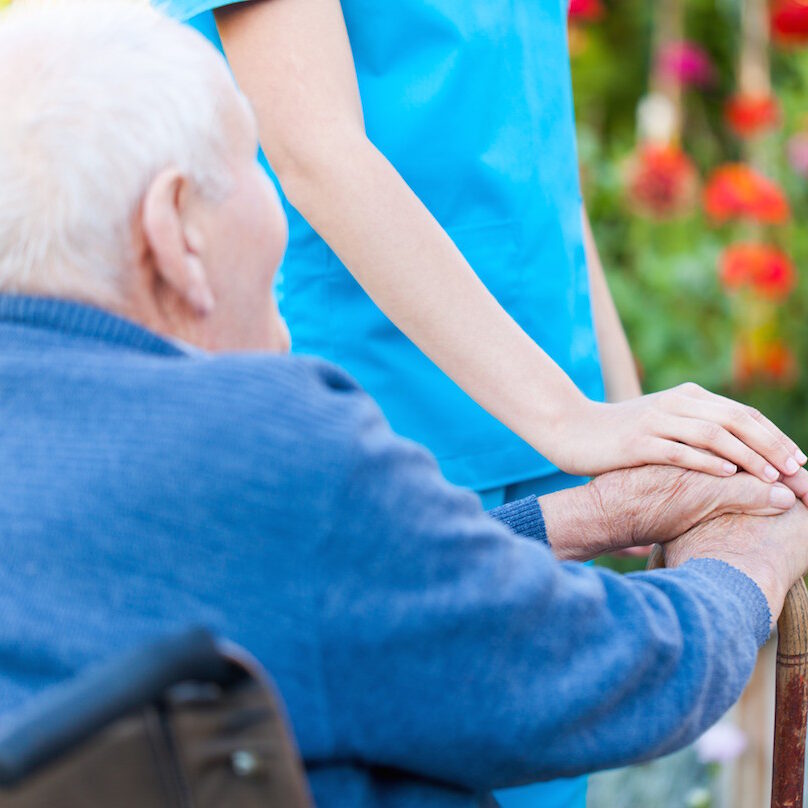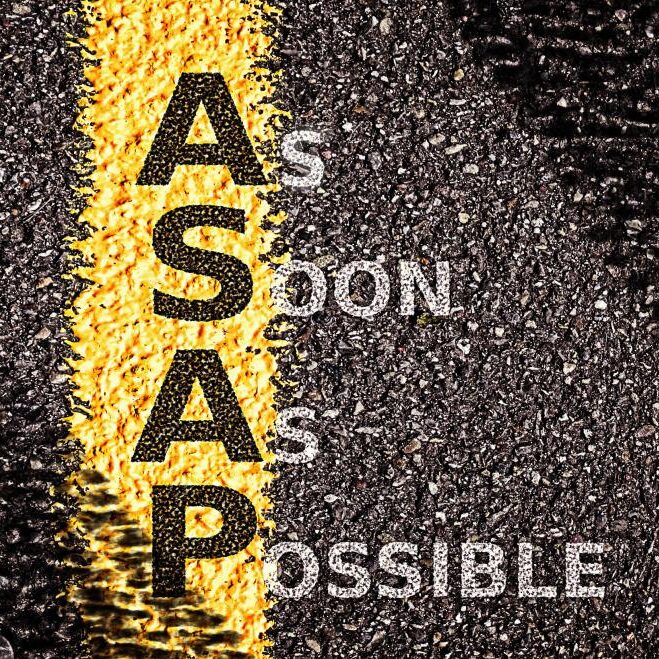
Your job as a non-professional family caregiver
Your job as a non-professional family caregiver is a valuable contribution to the long-term quality of your and your family’s lives. What you are experiencing - whether you're just starting to have concerns or you're already in the throes of caregiving - is probably one of the most difficult jobs you will ever have, requiring you to dig deep to find the very best of yourself in providing service to another and meeting the daily challenges that will unfold along the road ahead.
It will not be easy, and sometimes it may not be pretty. There will be unexpected turns in the road, and you will probably not escape unscathed.
But there will also be some amazing and wonderful discoveries along the way, just like with any journey.
No matter how much of a giver you are, you deserve to come out of this situation at the end without being burned out - or worse - with health issues of your own (wrenched back, stress-related skin conditions, weight gain, depression, or worse).
The good news is that for sure, YOU have the ultimate choice about how your caregiving experience is going to play out … and how you can use it as a transformational spark that will improve the quality of your life long after your caregiving is done. Having heartfelt and rational conversations with those you love in order to have a well thought out plan in place is key to achieving this. And sooner is always better!


As Rosalynn Carter, who founded and heads up the Rosalynn Carter Institute for Caregiving, has famously said:
There are only four kinds of people in the world:
- Those who have been caregivers
- Those who are currently caregivers
- Those who will be caregivers
- Those who will need caregivers
You may have already started to notice signs in one or both parents (or perhaps your grandparents, a spouse or partner, a favorite aunt or uncle, or a close friend) that tell you, way down deep, you should be concerned. Concerned for your loved one’s physical health, their emotional health and their general safety, and concerned about how you will address their needs considering everything else you have going on in your life right now.
You know you will pretty much do anything to help your loved one if they need you, and you've noticed that you are becoming more pre-occupied with their well-being over time.
You want them to be able to live out their life healthily and happily, in a manner of their choosing (i.e., aging in place, moving to an assisted living facility, etc.) - and also in a way that is not completely disruptive to your life, if at all possible.
At the same time, you are a little nervous and concerned about the future and what will happen.


You suspect that your upcoming days, months and maybe even years are going to be emotionally challenging - and maybe even physically and financially, too - but you’d like to try and make the most of the situation.
You can imagine, based on your own life experiences, that with proper planning in place, both you and your loved ones will be able to make the most of your remaining time together, no matter how tough it is.
With all this in mind, there are three broad areas to consider when thinking about your caregiving journey:
The Three Stages of Caregiving

PLANNING ... Whether you're in the early stages of accepting that your loved one will soon need more help, or you are already actively providing non-professional caregiving support, you believe that having a solid plan in place is the best policy.
However, getting your loved ones to have heartfelt, deep discussions about their aging and end of life wishes - and together making a proper plan for the future - is proving to be more challenging than you imagined. They may be sensitive and resistant to having open discussions about it, especially if they are in relatively good shape right now. Naturally, sooner is better, since you don’t want to be making critical decisions under duress, if at all possible.
In this stage, you'll want to proactively assess your resources - financial, physical and emotional health, and even spiritual - and get the help you need to make sure you have a well-thought-out, agreed-upon and legally documented plan for the days when you may be called upon to support your loved ones as they lose their ability to live independently.
SURVIVING AND THRIVING ... The old adage “information is power” was never truer than in the world of family caregiving. Every day brings new experiences and demands about which most of us have little knowledge or familiarity. And each situation is unique.
Having access to the most up-to-date and trustworthy information is critical, as is developing your own individualized support community to meet your needs.
In this stage, you'll become an advocate for your loved one's health and well-being, becoming intimate with their physical and emotional health, and helping them to interface with medical resources when necessary.

It is equally important - if not more - to proactively take care of yourself while you are caregiving, making sure you get enough sleep, eat well, and exercise so you have the energy and wherewithal to provide support. Staying healthy and whole throughout the journey will not only allow you to provide better care for others; it will also give you a strong foundation for relaunching your life when caregiving is done.

RELAUNCHING ... For most of us, losing a loved one is devastating, no matter what the circumstances or how emotionally prepared you may be. Navigating your way through the natural stages of grief while being gentle on yourself can be challenging, but it's also necessary if you wish to move forward with ease and grace.
As in the planning and surviving and thriving stages, it's important to gather the resources you need to help you through this transition. It may be via books or articles, one-to-one counseling, or community-based discussion groups. The point is that new concepts and ways of doing things can help you to shift your perspective and gain new insights on your own way forward.
In this stage, you'll be looking at what you’ve learned from your caregiving experience, and applying that to where you are going in your life. It's the perfect time to regroup, adjust your life course and relaunch into your next phase.